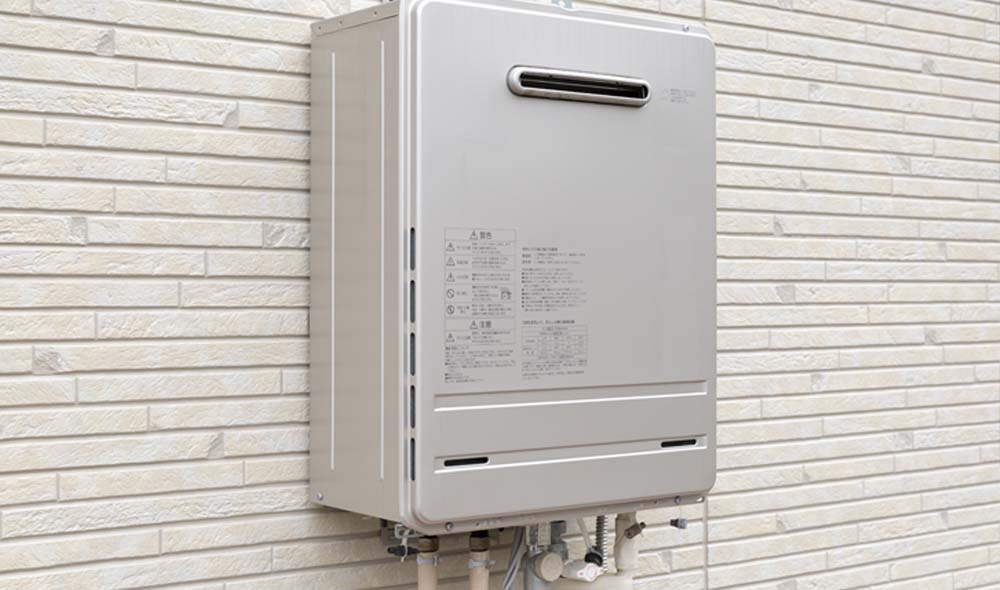[vc_row][vc_column width=”1/1″][vc_column_text]
Tankless or Conventional Water Heater
Should I get a tankless water heater over a conventional heater?
When in the market for a new water heater you may be asking yourself if you want a conventional water heater or if you want to look at a tankless water heater.
A conventional water heater uses a tank to store and heat water that is available when needed. A standard water heater tank will store somewhere from 30-50 gallons of water that can be used to wash clothes or to take a shower.
A tankless water heater uses either electricity or gas to heat up the water when a faucet is turned on. There is no tank to hold any water. A tankless water heater is also much smaller than a traditional water heater and can be installed in almost any area of the house.
There are three main things to consider when looking at your water heater options: Convenience, Efficiency, and Cost.
Convenience:
With a tank system, your hot water is ready and available almost immediately. You also have a set amount of hot water that is available. If you are in a large family and are the last one to take a shower, we are sure you know the chilling moment when you realize you are out of hot water.
With a tankless system, hot water is on call. It does still take a moment to warm water up, as physics can’t be changed, but once the hot water is flowing there is an unlimited supply.
Efficiency:
A conventional water heater is going to heat water at all times, even when the household is asleep. You pay for the energy that is being used, even if you don’t end up using the hot water.
A tankless system only heats the water you use. According to Energy.gov, “For homes that use 41 gallons or less of hot water daily, demand (or tankless) water heaters can be 24%–34% more energy efficient than conventional storage tank water heaters.”
Cost:
A tank system is going to cost you considerably less upfront. It does not last as long as tankless systems, but it is easier to repair because it has less working parts.
A tankless system will cost you more upfront as well as more installation if you need to make changes to your home to accommodate this new system. They do last for at least 20 years and hopefully will save you money on your monthly energy bills.[/vc_column_text][/vc_column][/vc_row]


